- Home
- slideshows
- miscellaneous
- 12 books famous scientists think you should read
12 books famous scientists think you should read
Jane Goodall: "The Lord of the Rings" by J.R.R. Tolkien

Neil deGrasse Tyson: "On the Origin of Species" by Charles Darwin
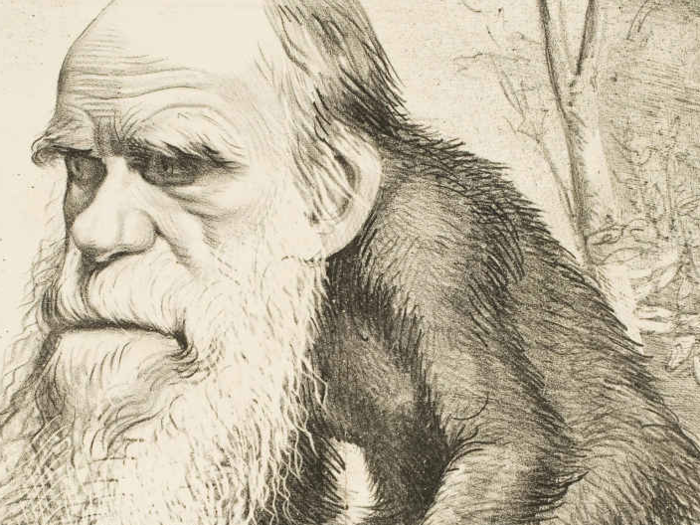
Charles Darwin's seminal work exploring the theory of evolution is a text that popular astrophysicist Neil deGrasse Tyson thinks everyone should read.
Tyson said in a Reddit Ask-Me-Anything thread that Darwin's book will help you "learn of our kinship with all other life on Earth."
"On the Origin of Species" is considered the foundation of the field of evolutionary biology, and popularized the concept of evolution through natural selection.
Carl Sagan: "The Republic" by Plato
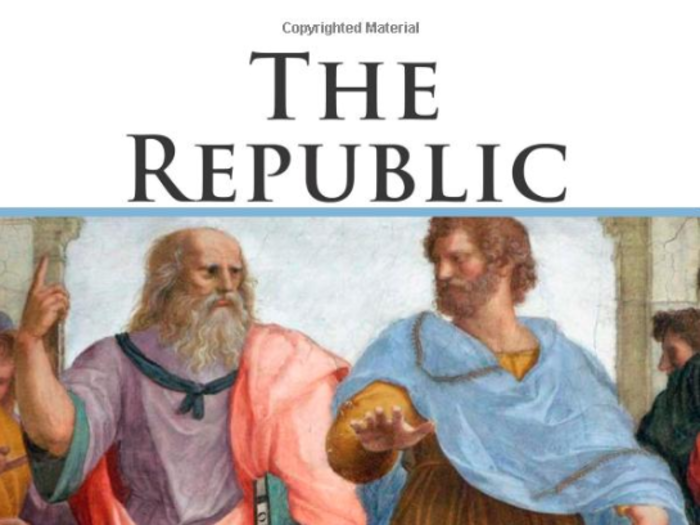
One of the world's most influential works of political theory, Plato's "The Republic" is the foundation of much of Western philosophy (and a sometimes daunting assignment for many college freshmen).
Astronomer Carl Sagan, however, put the book on his personal reading list — books to tackle in his free time outside of class — when he was studying at the University of Chicago.
Plato's book is written as a dialogue with Socrates and evaluates differing notions of justice and morality.
Bill Gates: "Lincoln in the Bardo" by George Saunders
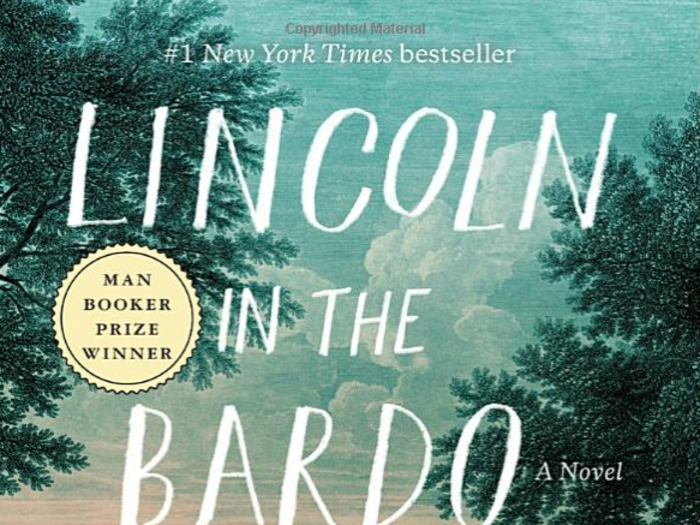
While not a scientist per se, Gates' impact on the fields of technology and public health — through his work at Microsoft and the Gates Foundation — cannot be understated.
An avid reader, Gates releases a summer reading list each year. This year, he said on his blog that George Saunders' novel "Lincoln in the Bardo"was one of the "most fascinating" books on Gates' list. The novel won the prestigious 2018 Man Booker Prize.
Gates wrote:
"I thought I knew everything I needed to know about Abraham Lincoln, but this novel made me rethink parts of his life. It blends historical facts from the Civil War with fantastical elements—it’s basically a long conversation among 166 ghosts, including Lincoln’s deceased son. I got new insight into the way Lincoln must have been crushed by the weight of both grief and responsibility."
Bill Nye: "Hillbilly Elegy" by J.D. Vance
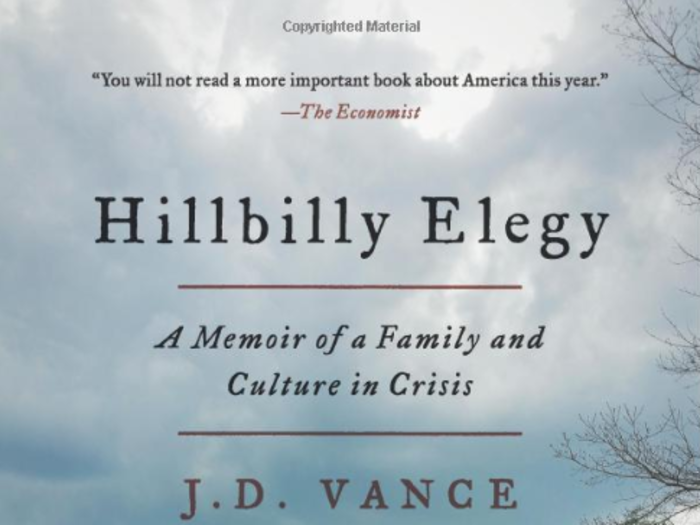
Bill Nye is a fan of J.D. Vance's autobiographical work, "Hillbilly Elegy."
Vance's book details his experience growing up in near-poverty in rural Ohio. He became a marine, went to Yale Law School, and now works as a venture capitalist. Vance's memoir seeks to explain what life is like for the working poor and how that sheds light on the current political climate in the US.
"People with strong and often inconsistent values feel disenfranchised and often don’t act in their own best interest," Nye wrote about the book in Vulture. "I hope J.D. Vance's story will help us learn to work together and improve the quality of life for all our citizens."
Oliver Sacks: "Madam Curie" by Eve Curie
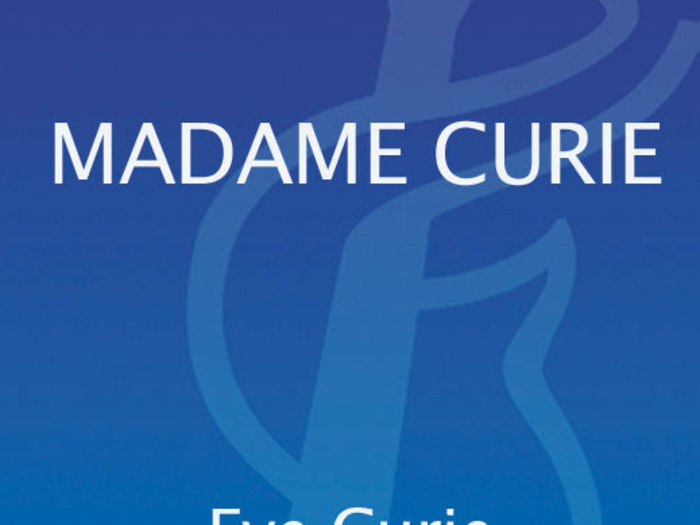
Marie Curie, famous for her investigations into radioactivity and the discovery of the elements polonium and radium, is one of the most well known scientists of all time.
It's only natural, then, that famed neurologist and writer Oliver Sacks found her story enlightening.
Written by Curie's daughter, "Madam Curie" discusses the elder Curie's life and her passion for scientific inquiry.
Sacks wrote in his diary (according to Brain Pickings):
"I was particularly moved by the description in Eve Curie’s book of how her parents, restless one evening and curious as to how the fractional crystallizations were going, returned to their shed late one night and saw in the darkness a magical glowing everywhere, from all the tubes and vessels and basins containing the radium concentrates, and realized for the first time that their element was spontaneously luminous."
Siddhartha Mukherjee: "Absurdistan" by Gary Shteyngart
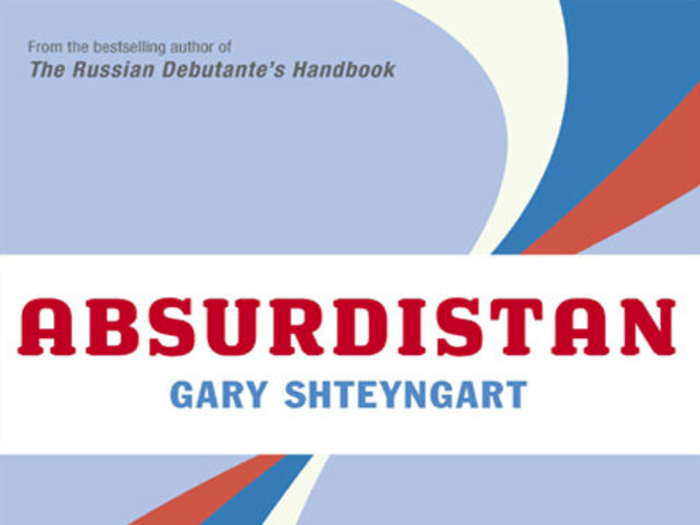
Siddhartha Mukherjee is a rare talent. The oncologist and professor of medicine at Columbia also won the Pulitzer Prize for his 2011 book, "The Emperor of all Maladies."
Mukherjee, as you may expect, is widely read. He's a huge fan of writer Gary Shteyngart.
Of his experience reading Shteyngart's book "Absurdistan"— which is set during the fall of a fictional ex-Soviet Republic — Mukherjee told The New York Times: "That terminally annoying guy who sits with his nose in a book and smirks through a flight? I was that guy."
Mukherjee added that he'd most want either Shteyngart or David Sedaris to write a short profile of his life.
Jared Diamond: "Child of the Jungle" by Sabine Kuegler
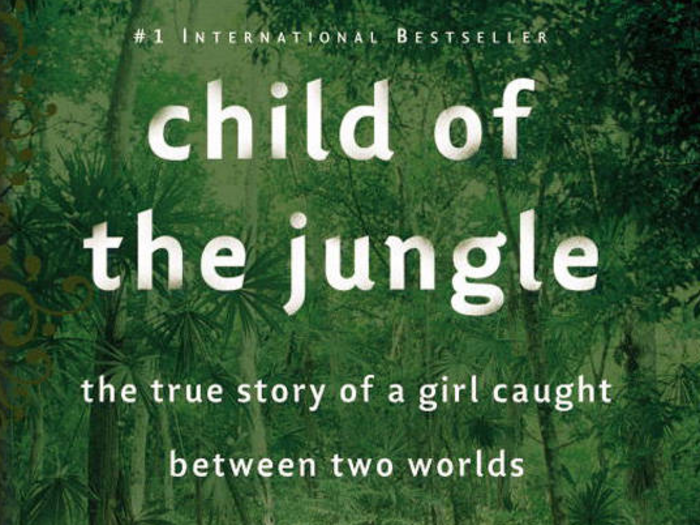
Jared Diamond, an anthropologist, is the author of the wildly popular book "Guns, Germs, and Steel."
Diamond spent much of his career working in Papua New Guinea, and told The New York Times that Sabine Kuegler's book "approximates an account of Western society through the eyes of a New Guinean."
As the child of German missionaries, Kuegler grew up among the Fayu tribe of Papua New Guinea as one of the few white people the tribe had ever encountered.
Her autobiographical work describes the culture shock she felt when she left the forest to attend boarding school in Europe at the age of 17.
Diamond wrote of the book:
"Europe was as much of a shock to Sabine as the New Guinea jungle is to a Westerner. Through Sabine’s words, we experience what it is like to encounter traffic lights, trains and strangers for the first time. By Fayu standards, the variety of chocolates in Europe is wonderful, but the way that Europeans treat each other is not wonderful. This book gives a view of Western life from a fresh perspective shared by no Westerner."
Steven Pinker: "Factfulness" by Hans Rosling
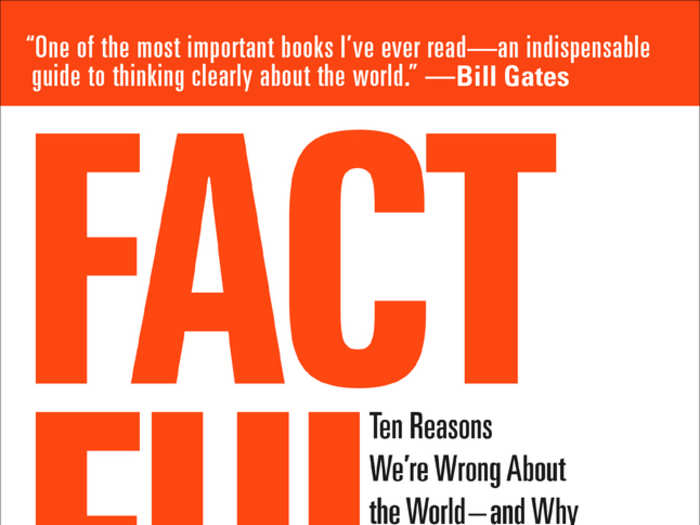
Steven Pinker is a psychologist and the author of "Enlightenment Now" — one of Bill Gates' two favorite books of 2018 so far.
In a recent interview in The Guardian, Pink recommended Gates' other favorite book of the year: "Factfulness" by Hans Rosling, who died in February 2017.
Pinker and Rosling have both earned Gates' admiration because they take an optimistic view of the present and future.
A doctor and statistician by training, Rosling argues in his book that people are collectively taking an overly emotional view of the world. Using statistics, Rosling shows how humanity is constantly improving based on birth rates, life expectancy, and the gender wage gap.
Jennifer Doudna: "She Has Her Mother's Laugh" by Carl Zimmer
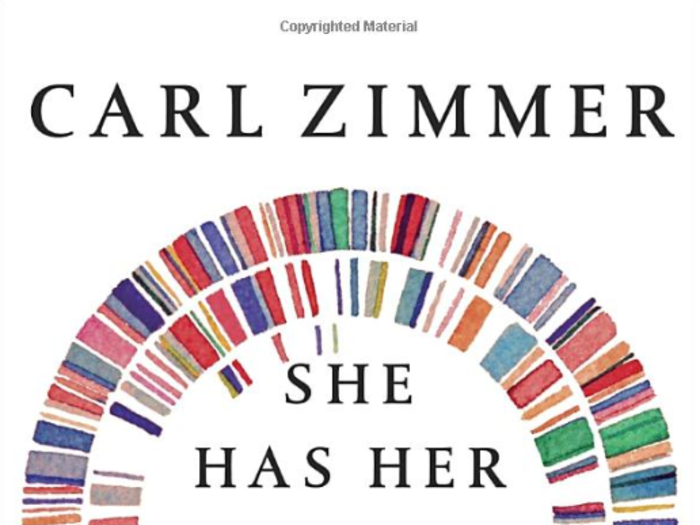
Jennifer Doudna is a renowned biochemist and cell biology expert at the University of California, Berkeley.
Doudna told Business Insider that she recommends Carl Zimmer's newest work, "She Has Her Mother's Laugh," which explores the ongoing revolution in genetic technology.
In the book, Zimmer, one of the world's best science journalists, explores the concept of heredity: what gets passed on from generation to generation.
Doudna said the book gives a "wonderful perspective on the science of heredity along with reflections on the profound opportunities and challenges of technologies that can influence personal genetics."
Michio Kaku: The "Foundation" Trilogy by Isaac Asimov
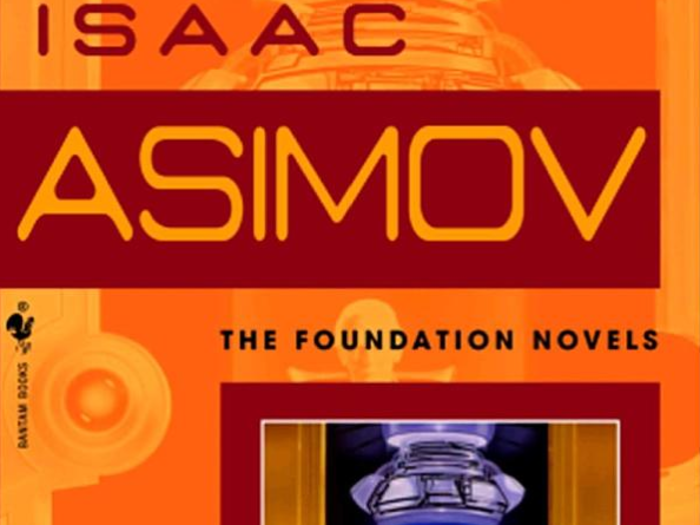
Physicist and futurist Michio Kaku is a big fan of science fiction writer Isaac Asimov.
Asimov's "Foundation" trilogy centers on the fall of the fictional Galactic Empire, which consists of millions of planets settled by humans across the Milky Way galaxy.
Kaku wrote in The Guardian earlier this year he was "fascinated by Asimov’s gripping saga of the rise and decline of a galactic empire."
Elon Musk has also said that Asimov's trilogy proved to be an influence on his career trajectory.
Atul Gawande: "My Struggle" by Karl Ove Knausgaard
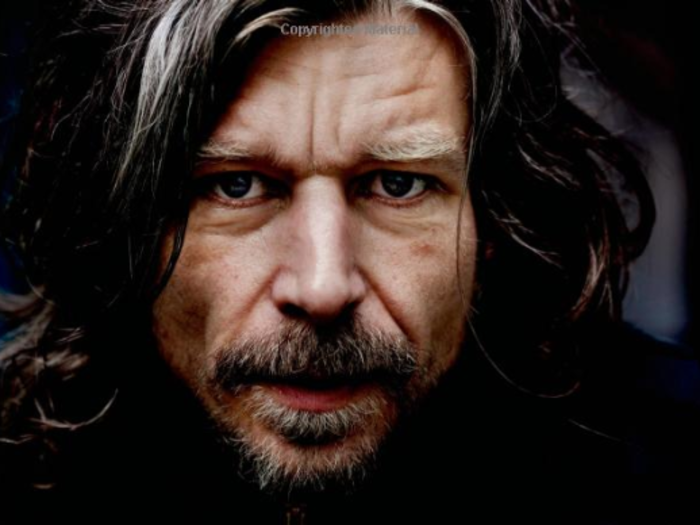
Atul Gawande, the surgeon and writer, is a big fan of the Norwegian memoirist Karl Ove Knausgaard.
He told The New York Times was "hypnotized" by Knausgaard's six-part autobiography, "My Struggle."
"The immersive detail — whether it’s five pages about viewing his father’s body at a funeral home or fixing breakfast one morning — makes it feel as close as you can get to actually experiencing another person’s life," Gawande told The Times.
Popular Right Now
Popular Keywords
Advertisement